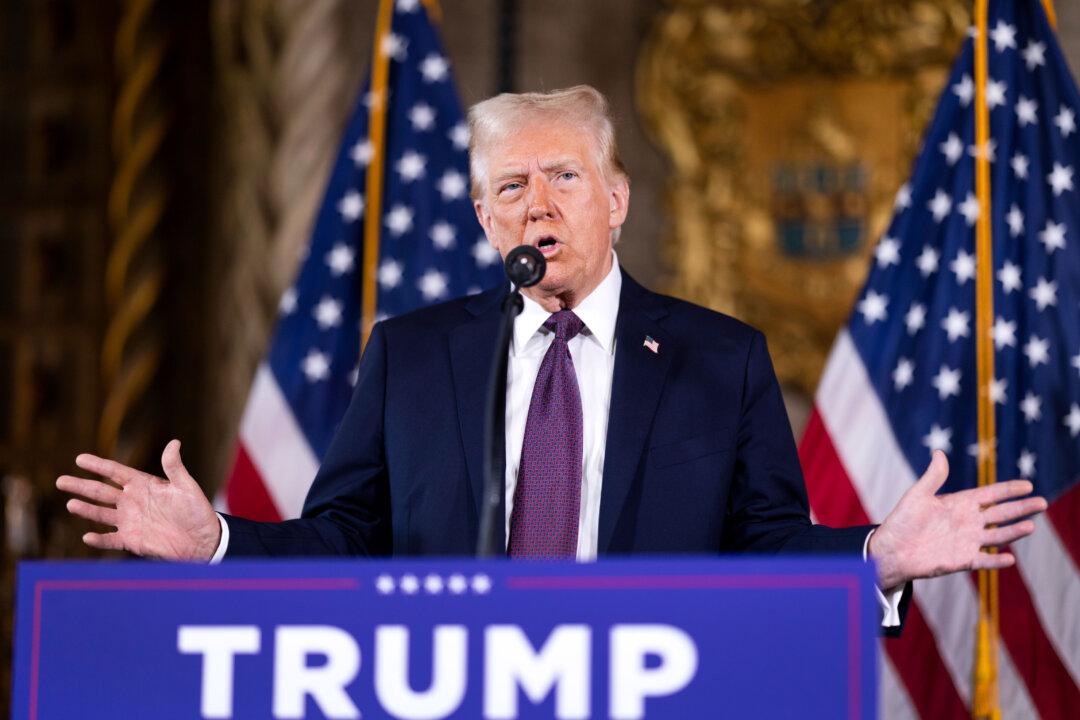President-elect Donald Trump is expected to undergo sentencing in his criminal business records case just 10 days before his inauguration, marking a milestone in the lengthy legal battles that have dogged him since leaving office in 2021.
New York Supreme Court Justice Juan Merchan has already indicated he won’t impose any term of prison or any other meaningful punishment.





